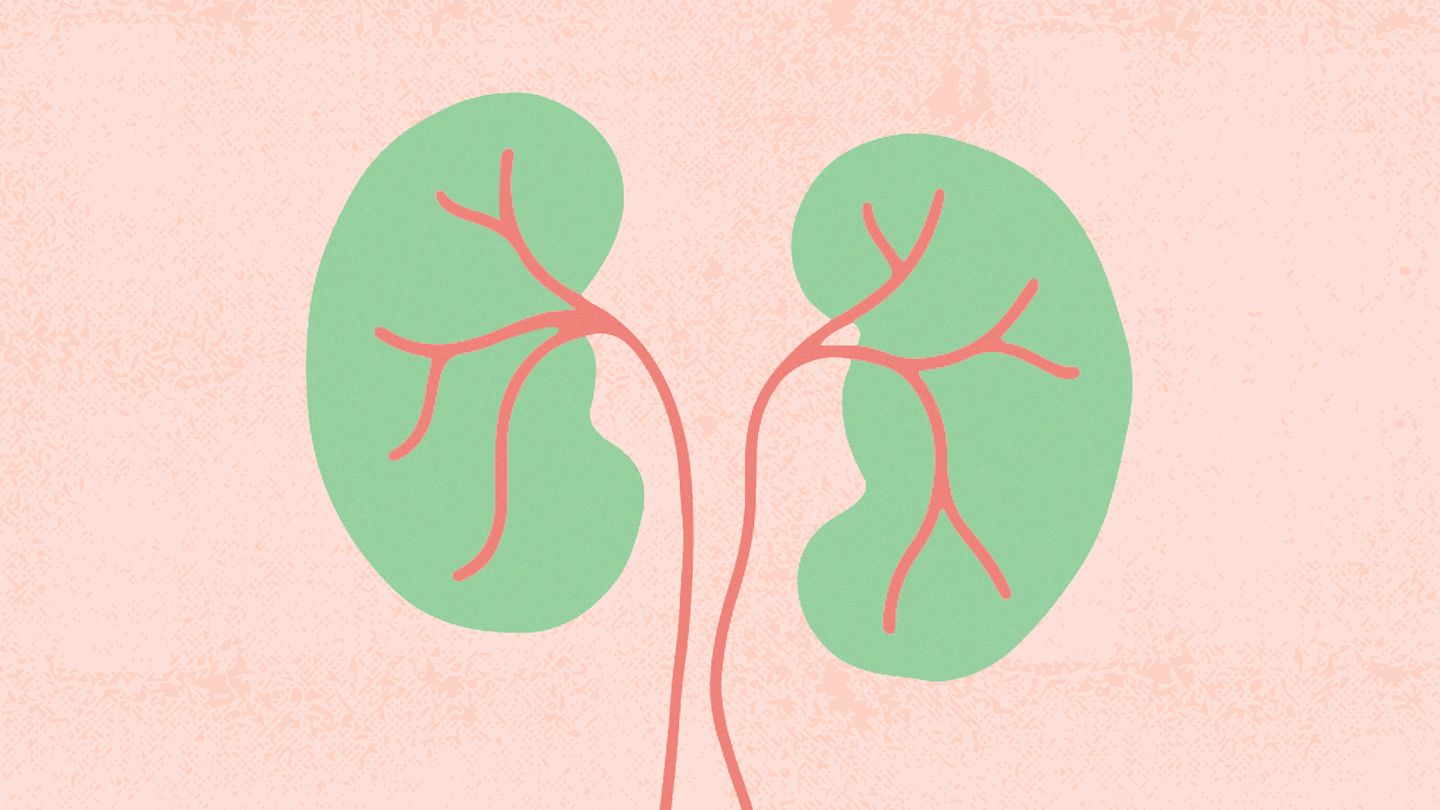The kidneys are vital organs responsible for waste management, which is crucial for maintaining your body’s chemical balance and blood pressure. If you don’t take care of your kidneys, you risk a slew of health problems, some of which could cause the organs to shut down altogether.
Diabetic nephropathy, also called diabetic kidney disease, is a serious kidney-related complication of type 1 and type 2 diabetes. About 40 percent of people with diabetes will likely develop a form of chronic kidney disease (CKD), such as diabetic kidney disease. Early on, diabetic kidney disease has no symptoms.
Lifestyle habits that can also help include regular exercise; checking your blood glucose to ensure your blood sugar is in a healthy range; timely screening for kidney disease; and not smoking.
Here are some additional steps you can take on your own to protect your kidneys when you have diabetes.
Read the full article here




